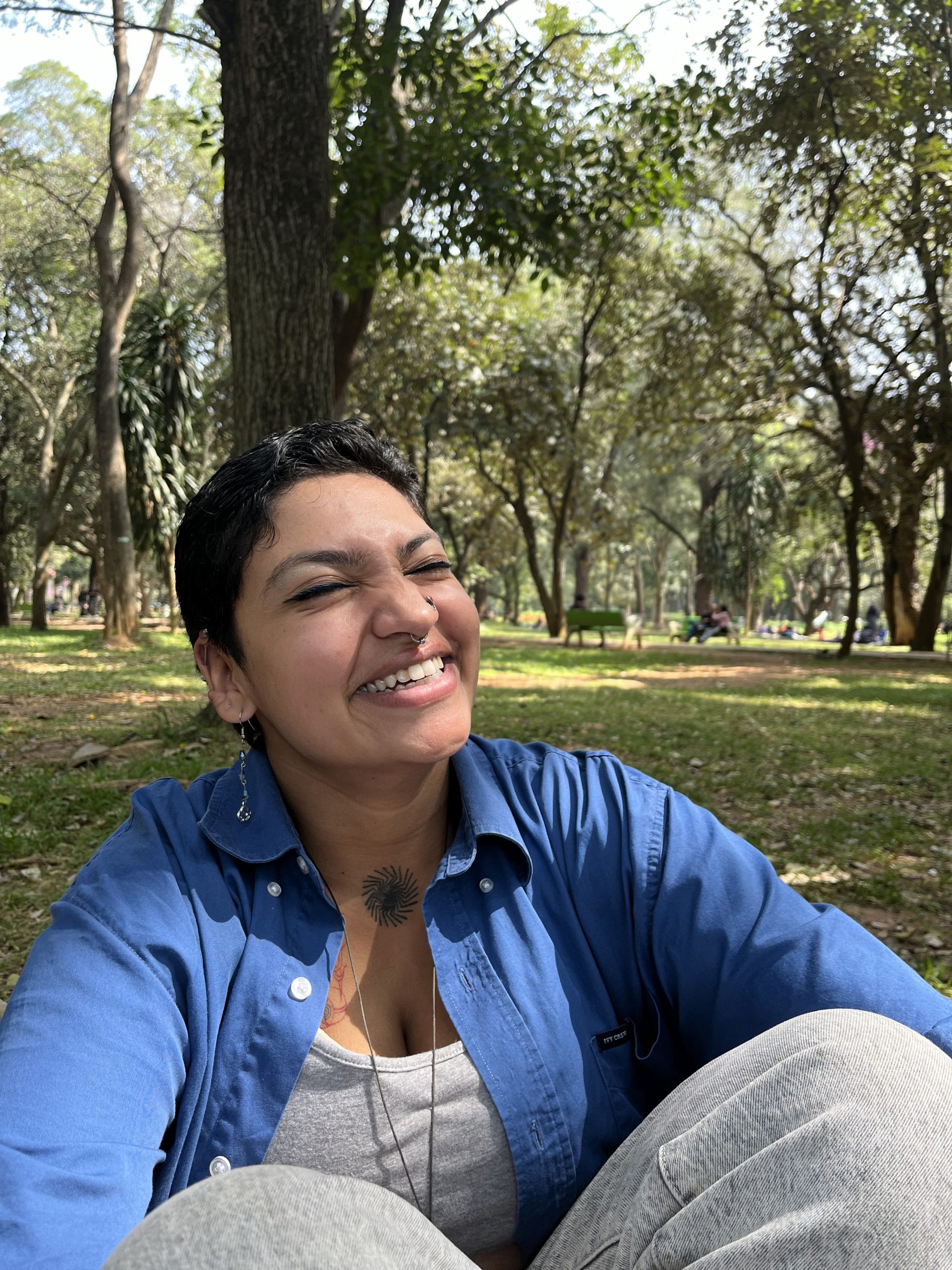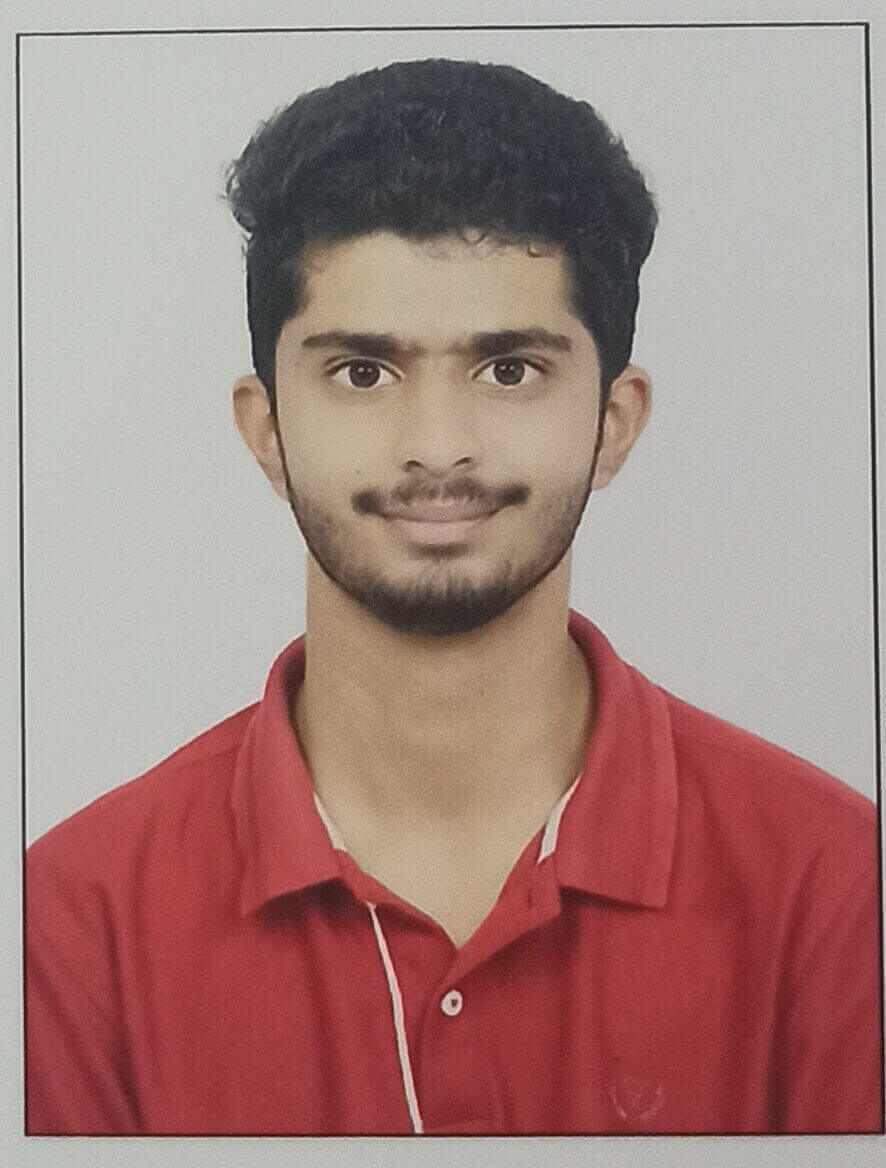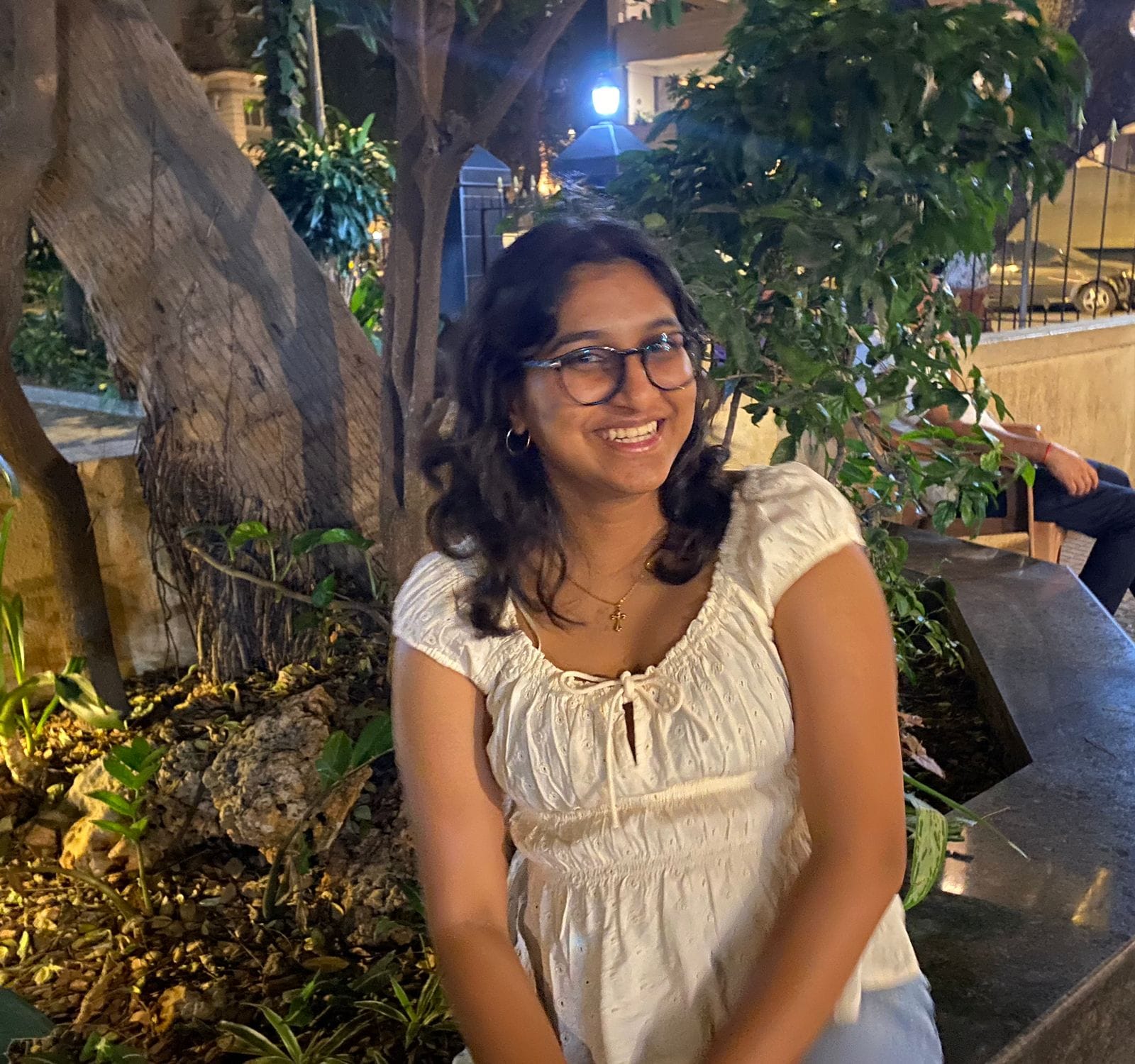Unveiling the Hidden Struggles: Divorce's Hidden Emotional Toll

Aalika Malik
June 19 , 2024

Divorce, a topic shrouded in stigma all over the world but more prominently in South Asian societies, is buried under the weight of psychological and societal implications for those involved. Just like marriage is a union between two families, divorce is more than just a legal separation; it’s an emotional turmoil that leaves scars lasting for life. In a collectivist society like South Asia, societal and family expectations hold consequential weight, often leaving individuals with little support in the journey.
Crushed by Expectations: The Weight of Cultural Pressures

Photo by Na Inho Team on Unsplash
From a young age, in a South Asian household, the importance of marriage is ingrained in a child. It is more institutionalised than taken as a union of two people. It is seen as a sign of stability, success, and stature, even if this institution is laid on the foundations of distrust and dowry behind closed doors. Hence, when a marriage ends, it’s the end of an institution, and institutions are not broken down easily. When a marriage ends, it leads to intense judgement and scrutiny not only from the community but also from immediate family members.
Emotional Whirlwind and Identity Crisis

Photo by National Cancer Institute Team on Unsplash
A whirlwind of emotions is triggered by divorce. It is a vortex of shame, guilt, anger, sadness, failure, and relief. Due to the highly interactive nature of this collectivist community, these feelings are interwoven with a deep-seated crisis of identity. One’s identity is significantly attached to the spouse, especially women, and when a part of their identity is taken away, it leaves them questioning their place in society and their self-worth. Divorce can lead to mental health issues like depression, anxiety, and even suicidal thoughts in severe cases.
The Children Caught in the Crossfire

Photo by Trym Nilsen Team on Unsplash
In South Asian societies where there are joint families, familial bonds are strong, and this often results in the children being silent sufferers in a divorce, leaving a profound impact on innocent minds. Separation of parents, households, and families may make them experience anger, confusion, and a feeling of torn loyalty between both parents. The stigma associated with it can also affect their social interactions, leading to feelings of isolation, rejection, and pity from peers.
The Path to Healing: Overcoming the Emotional Hurdles

Photo by Aarón Blanco Tejedor Team on Unsplash
While the journey is certainly hard, it is not unconquerable. Here are some tips to navigate the emotional landscape of divorce:
Focus on Self-Care: Activities that prioritise oneself and promote overall well-being. Meditation, hobbies, and exercise can be outlets that help improve mood and manage stress.
Educate and Empower: Knowledge about the emotional and legal aspects can help gain more control. Understanding that divorce is not a failure but a step towards a happier and healthier life can lead to feeling empowered.
Communicate Openly with Children: Children should be given ample attention and support, reassuring them that they are loved. Encourage open communication and reach out to professionals if needed; look out for signs of distress.
Professional Help: Professional guidance can help find coping mechanisms and practise healthy living. Therapy can fill the void of a safe space to express emotions.
Support Network: Building a support system and surrounding oneself with family and friends who are understanding and non-judgmental. Support or community group networks can be useful if seeking outside help.
Finding Strength in Resilience

Photo by Pedro Sanz Team on Unsplash
Divorce can be seen as an opportunity to redefine oneself and their life goals. It can be a path to building resilience and personal growth. Taking steps towards healing is a sign of strength, as mental health is paramount.
For those navigating this difficult journey, know that you are not alone. Reach out to mental health professionals and support networks that understand and respect the cultural nuances of South Asian societies. Together, we can break the stigma and promote a healthier, more supportive environment for everyone. If you find yourself in need of a professional, you can visit Heart It Out for counselling and diagnostic tests.
Keep Reading
Started reading,
found my glow!
New blogs dropping soon – Sign up!
© EmbraceWell. All rights reserved





























